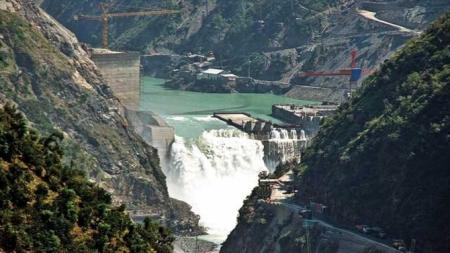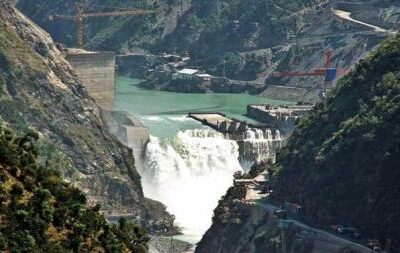
Strategic Response to Terrorism
In a significant move following the suspension of the Indus Waters Treaty (IWT) with Pakistan, India is planning to extend the Ranbir Canal along the Chenab River. This initiative aims to enhance India’s water utilization from the western rivers, which were previously allocated to Pakistan under the 1960 treaty. The decision comes in the wake of a deadly terror attack in Pahalgam, Kashmir, which India attributes to Pakistan-based groups. Prime Minister Narendra Modi emphasized that “water and blood cannot flow together,” signalling a firm stance against cross-border terrorism and a recalibration of water-sharing arrangements.
Implications of the Indus Waters Treaty Suspension
The suspension of the IWT grants India greater flexibility in managing the Indus river system. India can now carry out reservoir flushing on projects like Kishanganga (Jhelum) without waiting for the peak monsoon period, as previously mandated by the treaty. Additionally, India can fast-track hydroelectric projects on western rivers, bypassing design and operational restrictions, and halt Pakistani inspections at ongoing projects like Kishanganga and Ratle (on Chenab). However, the suspension won’t immediately affect Pakistan’s water supply, as India lacks the infrastructure to fully control or divert the flow at this stage.
Ranbir Canal Extension: Enhancing Water Utilization
The Ranbir Canal, originating from the Chenab River, currently diverts approximately 40 cubic meters per second (cms) of water for irrigation purposes in Jammu and Kashmir. The proposed extension aims to increase this capacity to 150 cms, thereby maximizing India’s share of the river’s resources. This move reflects a strategic shift in India’s water management and geopolitical response to tensions with Pakistan. Given the longstanding significance of the IWT, any change in its implementation could have far-reaching regional and political implications.
Geopolitical Repercussions
Pakistan views any diversion of water from the Indus system as a violation of the IWT and has warned that such actions could be considered acts of war. The country relies heavily on the Indus river system for its agricultural and energy needs, with over 80% of its cultivated land depending on these waters. Disruption could impact food security, urban water supply, and power generation, while also causing economic instability.
Legal and Diplomatic Channels
In response to India’s actions, Pakistan may pursue arbitration, seek World Bank intervention, and rally allies to negotiate favourable terms. However, economic constraints and the suspension of the IWT may limit Pakistan’s options for strong retaliation. The situation underscores the complex interplay between national security concerns, geopolitical dynamics, and the management of shared water resources.
Conclusion
India’s plan to extend the Ranbir Canal on the Chenab River represents a significant shift in its approach to water resource management and its relationship with Pakistan. While the move aims to bolster India’s water security, it also raises concerns about regional stability and the future of the Indus Waters Treaty. As the situation develops, it will be crucial for both nations to engage in dialogue to address their concerns and seek mutually beneficial solutions.









































Leave a Reply